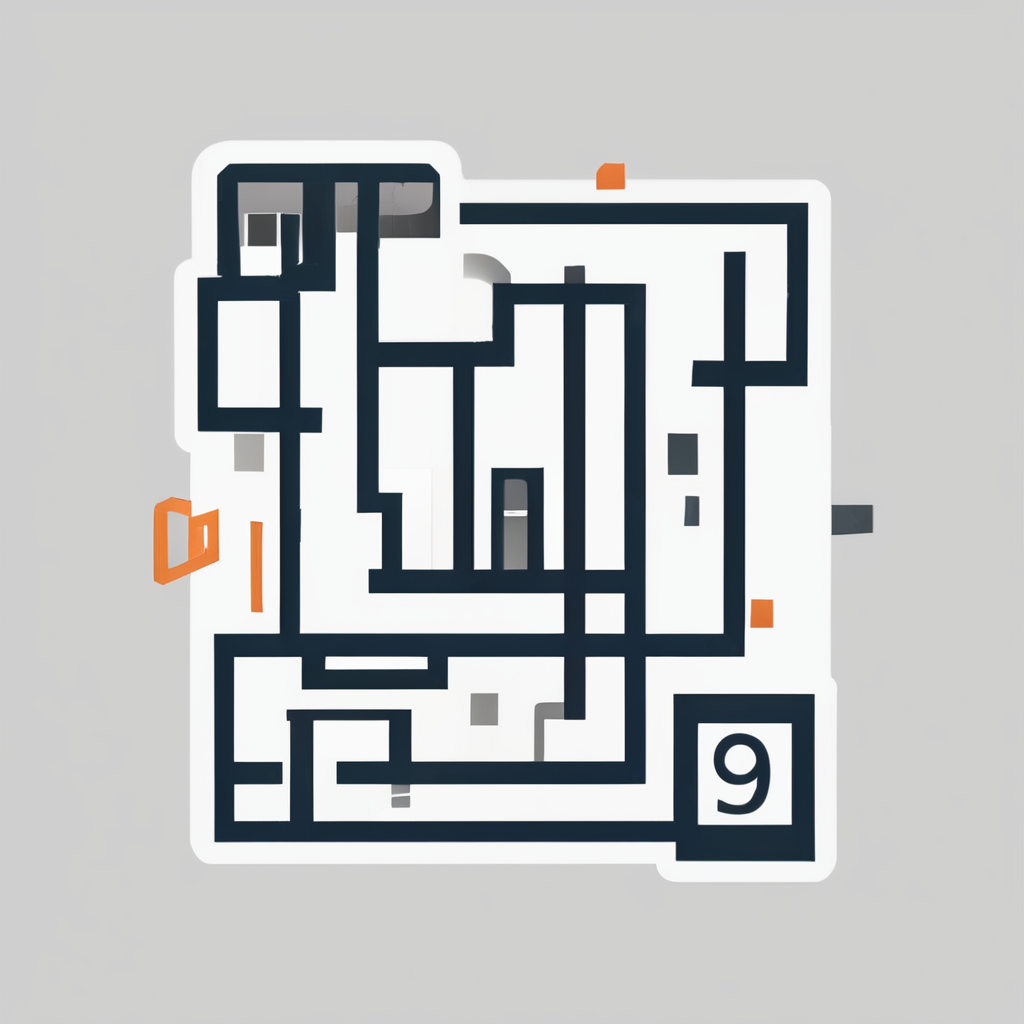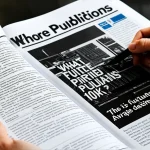Essential steps for pet-proofing your home in the UK
Making your home safe for pets begins with a systematic room-by-room approach tailored to the unique environment of UK homes. Start by inspecting each space for hazards, including exposed electrical cords, small objects that pets might swallow, and unsecured cupboards containing cleaning products or medications.
Removing UK-specific household hazards is crucial. Common items like antifreeze, found in garages or sheds, are highly toxic even in small amounts and should be stored securely. Many UK homes also contain common plants such as lilies or foxgloves, which can pose poisoning risks. Identifying these and replacing them with pet-safe alternatives can prevent accidents.
Have you seen this : What Are the Most Fascinating Behaviors of British Pets?
Utilising useful tools and checklists can support ongoing safety. Keep a checklist that includes immediate hazards and a schedule to recheck the environment regularly. Items such as child-proof locks and pet barriers help restrict access to dangerous areas. Engaging in UK pet care best practices means continually assessing risks as your pet grows or seasons change. This proactive approach provides peace of mind and a safer environment for your furry family members.
Specific dangers for pets in UK homes
UK homes present unique pet safety risks due to common household items and natural factors that many pet owners might overlook. Toxic plants UK often found indoors or in gardens include lilies, foxgloves, and rhododendrons, all highly poisonous if ingested. Recognising these plants is crucial for preventing potentially fatal poisoning. Similarly, some foods popular in UK kitchens, such as chocolate, grapes, and certain artificial sweeteners, fall under dangerous foods UK pets must avoid, as they can provoke severe reactions or organ damage.
In the same genre : How do I choose the best UK pet diet for optimal health?
Household chemicals, including antifreeze and cleaning agents, are another significant source of harm. UK pet hazards like antifreeze contain ethylene glycol, which produces sweet-smelling vapors attractive to pets but causes kidney failure. Secure storage of these substances is essential. Seasonal risks also affect pet safety, with common UK events like Bonfire Night introducing hazards such as firework noise inducing anxiety or physical injury from debris.
A comprehensive understanding of these home safety risks helps pet owners fortify their homes and gardens to safeguard their pets effectively. Awareness combined with proactive prevention forms the best defence against these threats specific to the UK environment.





